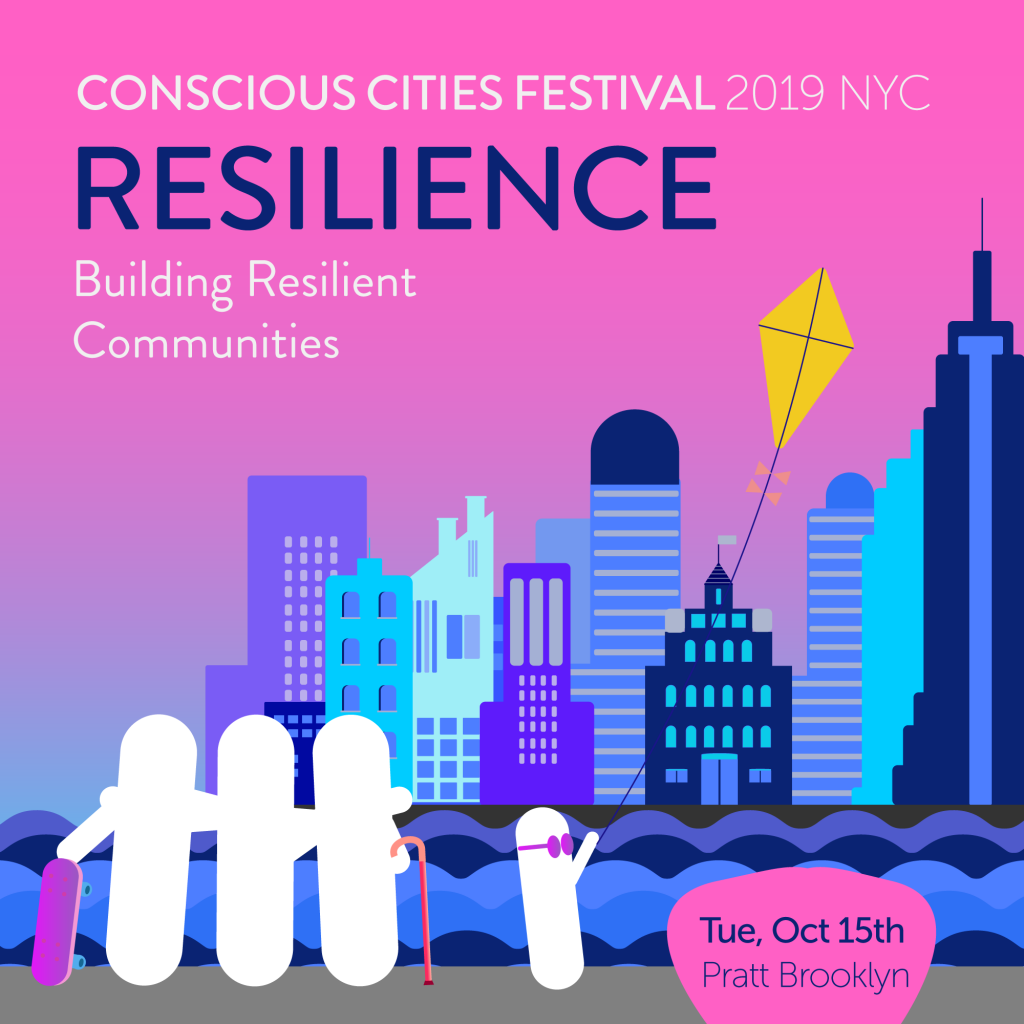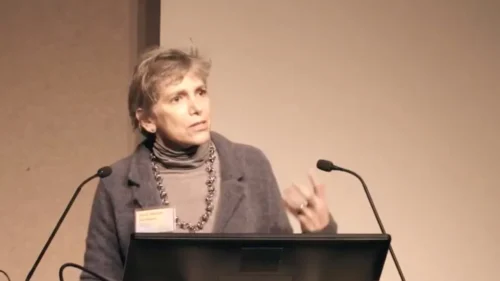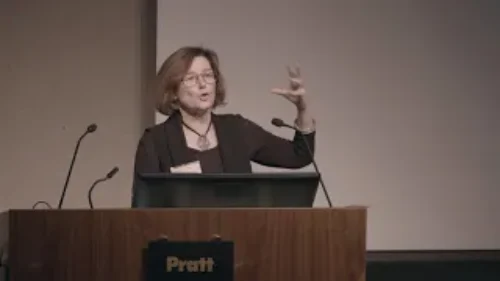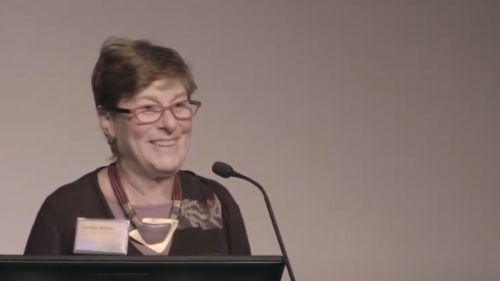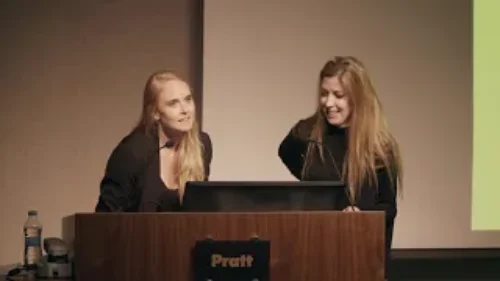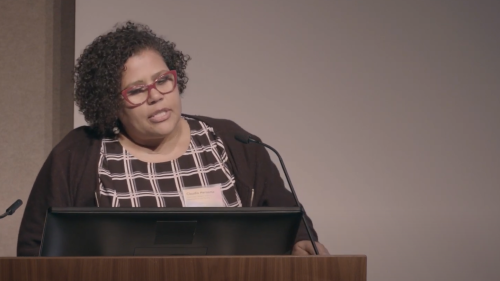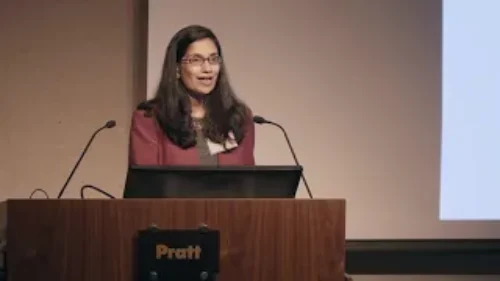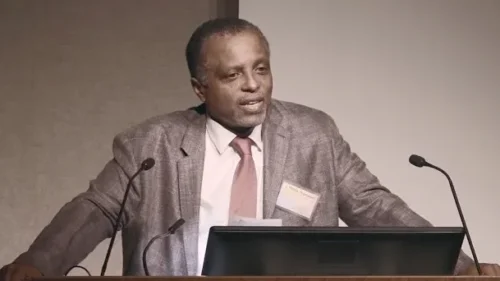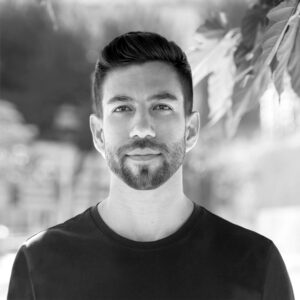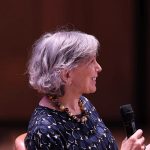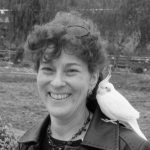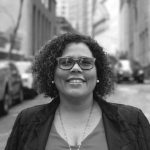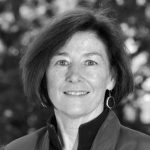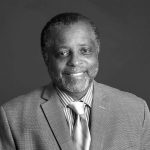How our cities fare under environmental, social, or political stress is a measure of their resilience and ability to protect and support individuals and communities. Whilst resilience in urbanism usually refers to how built infrastructure can cope with natural disasters and climate change, Day 1 of the Conscious Cities Festival will focus on the resilience of the city’s social fabric.
How can we design cities to promote social cohesion that not only ensures communities thrive through challenges, but also that individuals aren’t left behind? The day’s events will propose paths forward through case studies and the development of science-informed architecture, urban design, and decision making

